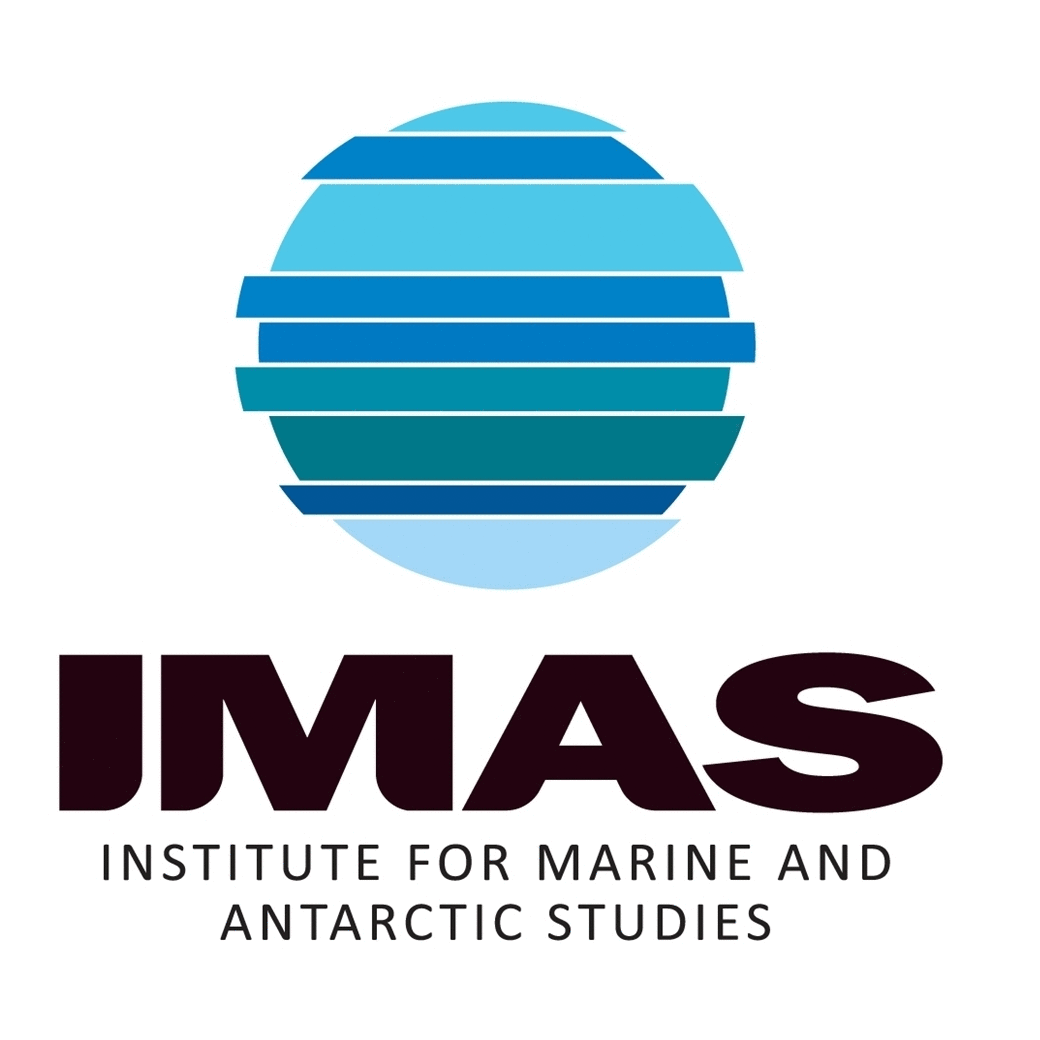State of the Environment reporting
Type of resources
Topics
Keywords
Contact for the resource
Provided by
Years
-

This record provides an overview of the scope and research output of NESP Marine Biodiversity Hub Project B2 - "Analysis and elicitation to support State of the Environment reporting for the full spectrum of data availability". No data outputs are expected for this project. -------------------- The availability and quality of observation data that may be used to support State of the Environment reporting lies on a spectrum from: (i) high quality (e.g. Reef Life Survey, Long term reef monitoring programme, Temperate Reef Monitoring programme, state-based MPA monitoring programmes); (ii) moderate quality (e.g. continuous plankton recorder, occasional by catch surveys); (iii) low quality (anecdotal information) to (iv) expert beliefs but no empirical observations. We currently lack a principled process for utilising and merging data of varying quality and from different sources to form a national perspective to support State of the Environment reporting. The key unifying principle to support such a process is the extent to which the available data is representative of the environmental asset in question. As the extent to which the empirical observations accurately represent the state of the asset in both space and time diminishes, so the reliance on expert opinion increases, to the limit where the only available information is expert opinion. This project will provide an over-arching framework to consider these issues, develop practical protocols for blending different data streams with or without experts’ judgement as appropriate, and thereby provide a foundation for improving State of Environment reporting for all types of data sources, from high to low quality. It will do this by developing and applying protocols to support development of the marine chapter of SoE 2106. This currently being developed within a separate CSIRO funded project. The project will use the experience of developing this chapter to make recommendations about appropriate methodologies for future environmental reporting. Importantly the statistical approach and analysis principles will be consistent regardless of the amount or quality of the information available. As a result the framework and analysis methods will remain relevant, even as the quality and quantity of environmental data at the department’s disposal changes. This will provide the consistency of analysis and reporting that is essential to SoE. Expected Outcomes • The provision of two or three examples that demonstrate a unified approach to the use of expert opinion in SoE reporting. These examples will be identified in close collaboration with the Department and will be developed in time to support the marine chapter of 2016 State of the Environment report, contingent on the availability of resources in the second year of the project and timely interaction with the department. • Assessments of the status and trends of environmental assets in the State of the Environment report will be based on a principled and statistically defensible process that can merges and utilises data from all sources including expert opinion.
 IMAS Metadata Catalogue
IMAS Metadata Catalogue